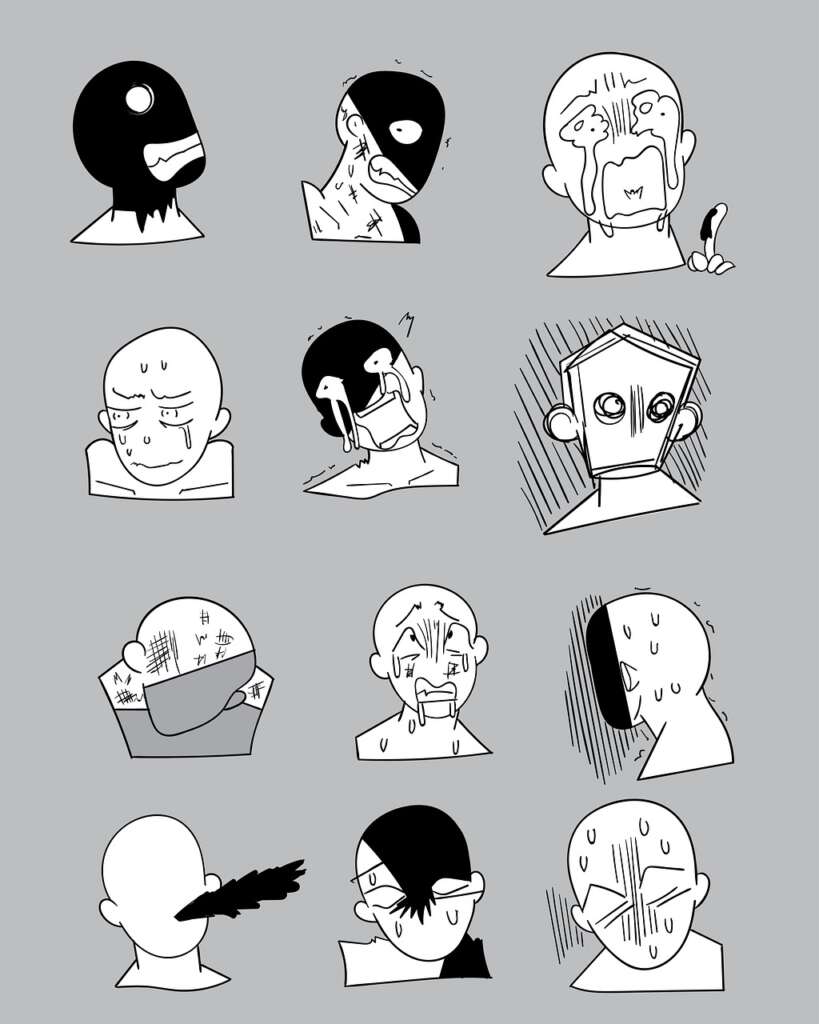SPOILER ALERT!
~ Taijin Kyofusho (TKS) is reportedly prevalent mostly in Japan and Korea
~ TKS is the persistent and excessive fear of offending others by how one looks or acts in a social siutation
~ TKS is different from social anxiety, because social anxiety is the fear of embarrassing oneself, while TKS is the fear of embarrassing the others.
~ TKS is related to interdependent self-perception with emphasis on identifying with social roles and living in harmony with the group.
~ TKS could be a variant of social interaction anxiety.
Taijin Kyofusho (TKS) has been described as a culturally-bound form of social anxiety. It has been mostly reported in Japan and Korea, but nowhere else in the world, which suggests a strong cultural undercurrent to the disorder.
Fear of Offending Others
TKS is characterized by persistent and excessive fears of offending others in social situations by their appearance (e.g., blemish, body odor, or physical defect) or by acting improperly during face-to-face situations (e.g., staring inappropriately).
Thus, the social fear is focused on doing something embarrassing to others, as opposed to doing something embarrassing to the self, as is the case with social anxiety. TKS is also marked by obsessive feelings of shame related to offending others.
It has been suggested that self-perception could play a role in TKS as the phobia is focused on offending others. More specifically, a focus on interdependence in one’s view of the self has been associated with fear of embarrassing others with one’s behavior.
Interedependent Vs Independent Self-Perception
People identify themselves as being either independent from the group or interdependent with the community. Construing oneself as an independent being is common in individualistic societies like the West where the emphasis is on self-determination, autonomy and individuality.
By contrast, interdependence self-construal (i.e., seeing oneself as interdependent) is characteristic of collective societies like Asia, where the emphasis is on identification of the self through social roles, relationships, and living in harmony with the collective.
Investigating these two self-concepts, studies have shown that individuals with an interdependent self-construal also exhibit symptoms of TKS, while those with an independent self-construal do not.
Contrary to previously thought, these results implicate that TKS could be a syndrome typical of collective societies and not necessarily a culturally-bound disorder. In support of this view, there is evidence that individuals with interdependent self-construal rate positive for TKS and for social anxiety.
Furthermore, other reports demonstrate a strong link between score on the social phobia scale, social interaction and anxiety scale and TKS scale, which suggests that TKS could be a variant of social interaction anxiety.
Reference:
Vriends N, Pfaltz MC, Novianti P, Hadiyono J. Taijin kyofusho and social anxiety and their clinical relevance in indonesia and Switzerland. Front Psychol. 2013 Feb 4;4:3. doi: 10.3389/fpsyg.2013.00003. PMID: 23382720; PMCID: PMC3563044.

